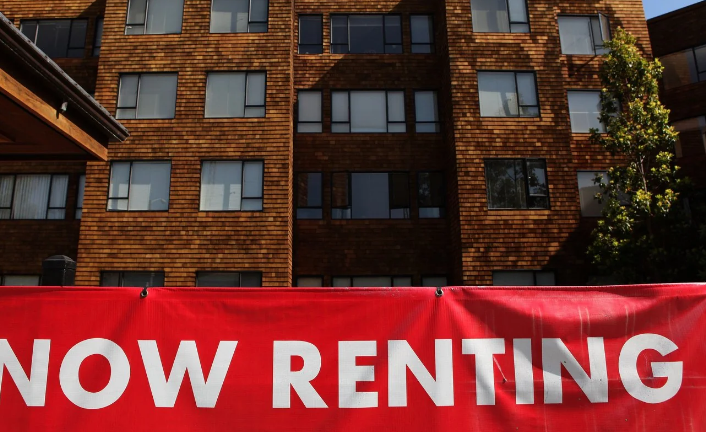A series of lawsuits against Texas-based company RealPage has sparked a significant debate on the role of algorithms in the rental market. These legal actions allege that RealPage, through its software, has facilitated cartel-like behaviors among major property managers, leading to inflated rental prices and increased profits for landlords. The case not only challenges RealPage’s practices but also calls into question conventional understandings of cartel behavior in the digital age.
The Core Allegations
The lawsuits contend that RealPage’s software enables a form of collusion between property managers. This alleged collusion is said to result in artificially high rental prices, directly impacting renters who find themselves paying more than they might in a competitive market. The plaintiffs argue that this setup is akin to a cartel, where instead of direct communication between competitors to fix prices, an algorithm serves as the medium for maintaining high rental rates.

RealPage’s Defense
RealPage denies any wrongdoing, maintaining that their software and business practices are lawful and do not facilitate anti-competitive behavior. The company asserts that its products simply provide market data and analytics to help property managers make informed decisions.
Why This Case Is Significant
Algorithmic Influence: The lawsuit brings to light the growing influence of algorithms in shaping market dynamics. It raises critical questions about how data analytics and automated systems can inadvertently lead to market distortions.
Redefining Cartel Behavior: Traditionally, cartels involve explicit agreements between competitors to fix prices or control markets. This case challenges that notion by suggesting that algorithms could facilitate similar outcomes without direct communication between competitors.
Legal and Regulatory Implications: The outcome of this lawsuit could have far-reaching implications for how antitrust laws are applied to software and algorithms. It may prompt a reevaluation of legal frameworks governing competitive practices in the digital economy.
Impact on the Rental Market: If the allegations are proven, this could lead to significant changes in how rental prices are set and managed, potentially resulting in more favorable conditions for renters.
Broader Market Effects: This case could set a precedent for other industries where algorithmic decision-making is prevalent. It underscores the need for greater transparency and accountability in how these algorithms are designed and deployed.
Read More:
- Rare Cicada Emergence Expected West of Ohio: A Once-in-221-Years Phenomenon
- Victorville Court Denies Bail for ‘Justice 8’ Activists, Citing Evidence of Conspiracy and Assault
The RealPage lawsuit represents a pivotal moment in understanding the intersection of technology, market dynamics, and legal regulation. As algorithms continue to permeate various sectors, this case highlights the need for careful consideration of their market impacts and the potential for unintended anti-competitive behaviors. The rental market, in particular, stands at a crossroads, where the outcome of this legal battle could herald significant changes for landlords, renters, and the broader housing industry.

